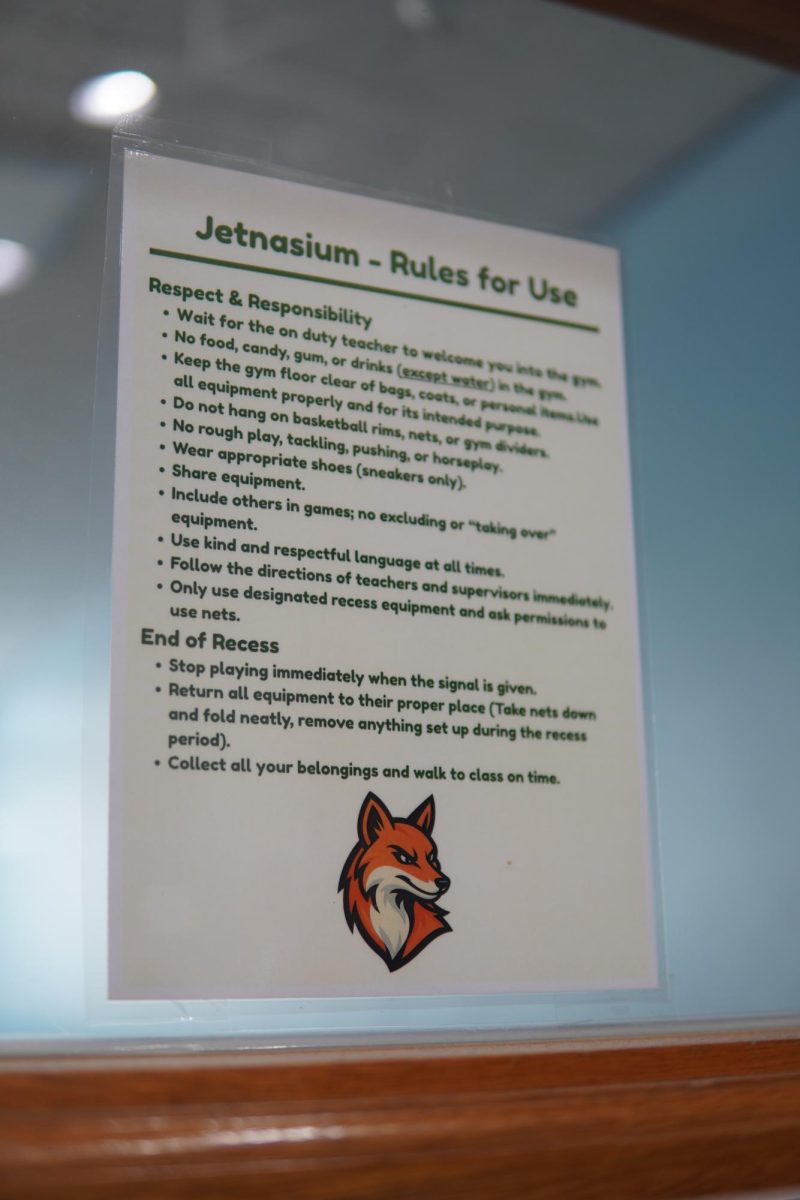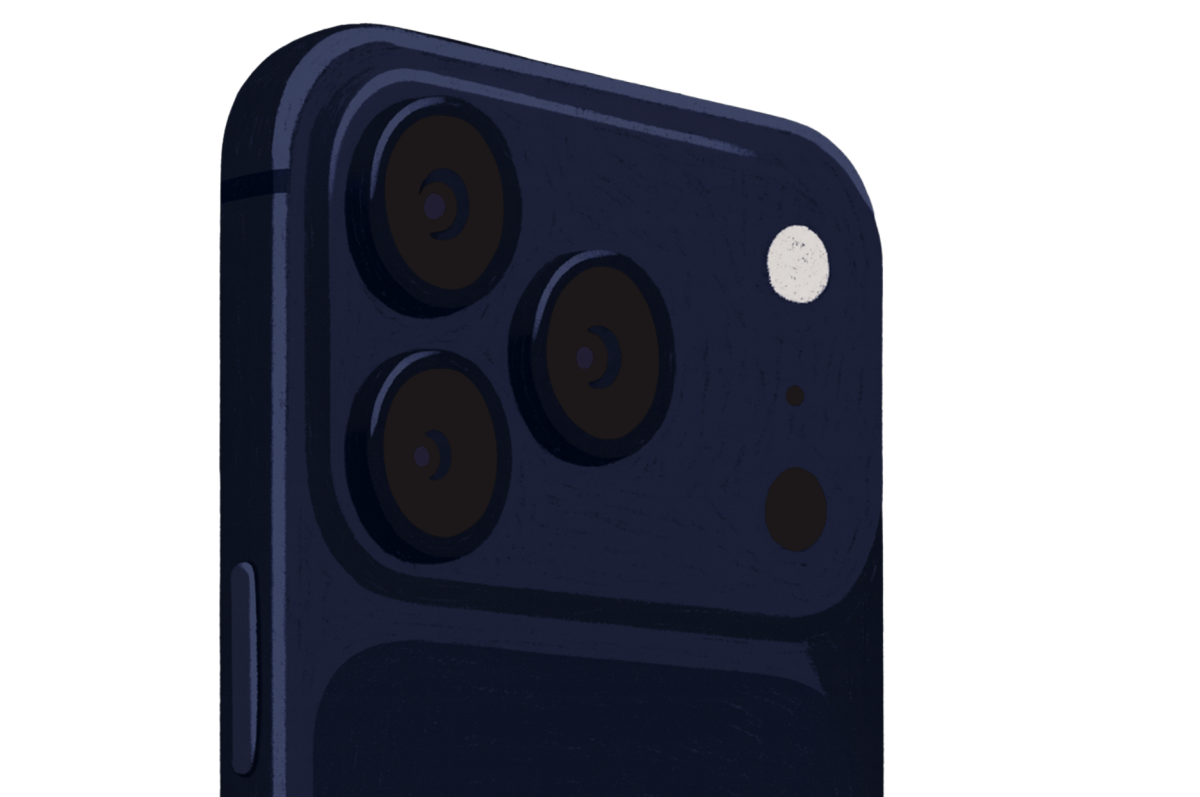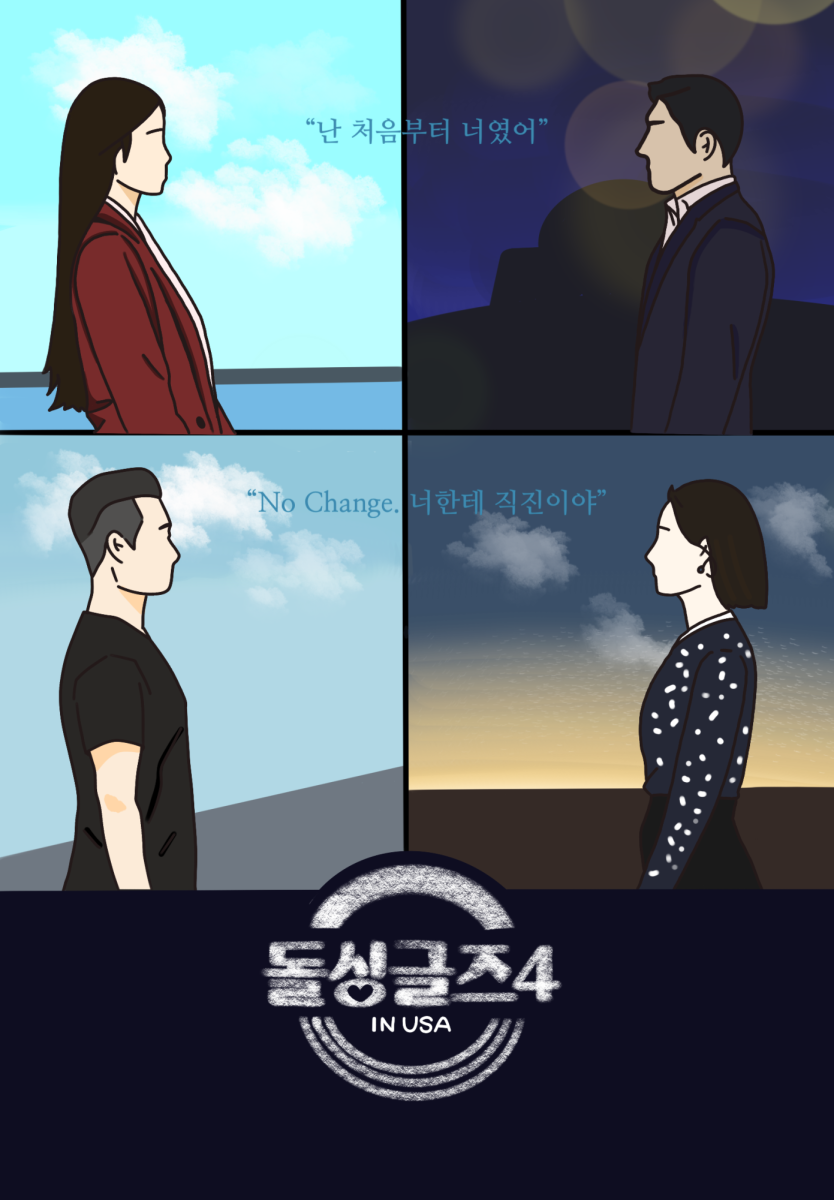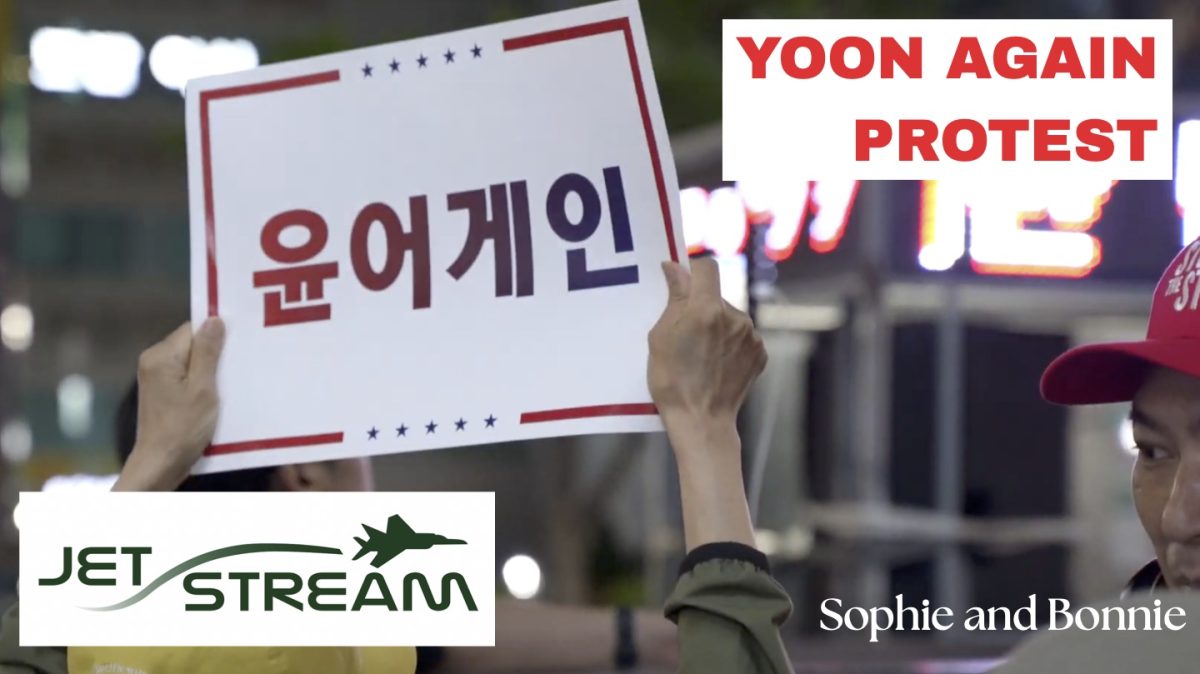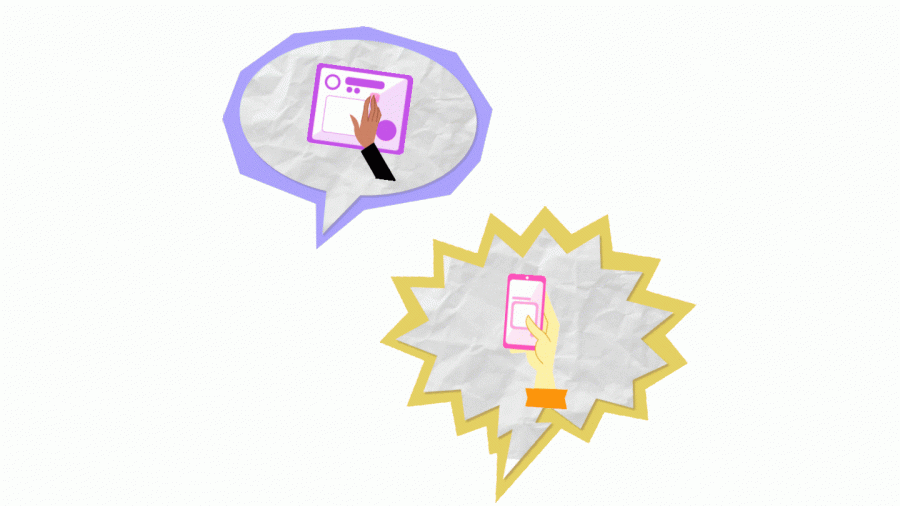Teens Continue to Free Fall into the Rabbit Hole of Social Media
A Thorough Critique of Social Media Through the Looking Glass
November 10, 2021
This may sound harsh, but here goes nothing. This is my absolute nightmare: my generation “dumbing down” from social media. Maybe I’m being quite the hypocrite here – after all, I actively use social media. But it has recently come to my attention that social media’s flaws are beyond just the stereotypical issues we usually recognize. In fact, these platforms may have just created an unprecedented series of issues among teens, besides the widely acknowledged obsession over likes and shares.
Maybe “boomers” weren’t overreacting when they claimed media literacy seems to decrease with increased social media usage. In fact, it seems the concept of primary and secondary sources only apply to the classroom for most of Gen Z. The most concerning part of this, however, is that this situation hasn’t seen improvement since the past year, when my sophomore self first covered it in a previous Jets Flyover issue. Gen Z, colloquially known as “Zoomers”, has a severe mass misinformation problem.
Each like, share, and comment spreads fake news faster than a California wildfire – a 2019 research report from the Reuters Institute at Oxford University concluded that a potential reason as to why Zoomers are so susceptible to fake news was mostly due to the overall time spent on socials. The vast web contains various forms of easily consumed and easily fabricated news – misinformation is ever-present in short Tik Tok videos, tweets from friends and mutuals, and even our favorite influencers. Because of the short and easily accessible nature of posts that contain false information, these seemingly innocuous posts become the main obstacle to staying informed.
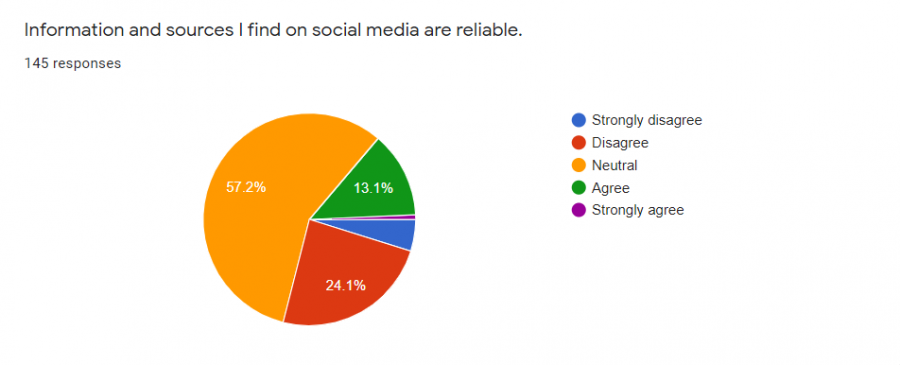
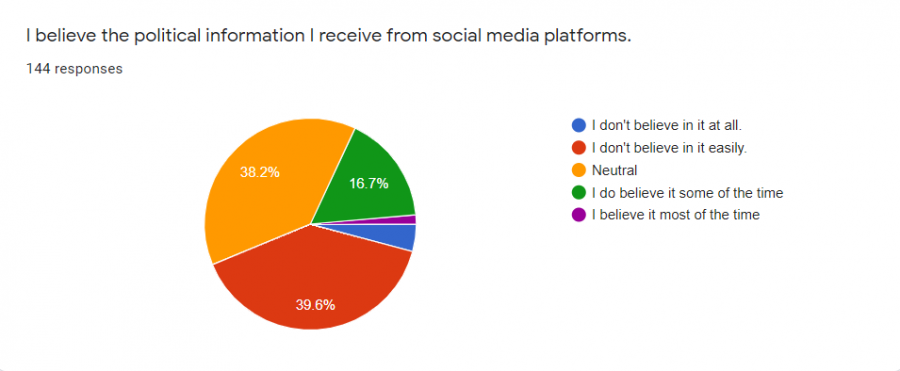
Fortunately, it seems that most middle and high school students at DIS think that social network misinformation entails a problem. 57.3% out of 143 middle and high school students responded that they felt neutral about the reliability of news on social media, with a comparatively low percentage of 13.3% agreeing that fake news is a problem, and 24.5% disagreeing. Thus, we can infer that students in DIS are relatively media literate. Even better, 39.4% of the sample responded that they do not easily believe in political information found on their feeds, thank goodness!
I’m sure that you have all heard of the term “cancel culture” at least once. To those that may be unfamiliar with it, “cancel culture” refers to when an individual or group is “canceled”, or denounced or berated from society. This is usually due to a mob decreeing that an action transgressional or unjust by society has been undertaken. The objective of cancellation is to hold one accountable for their actions.
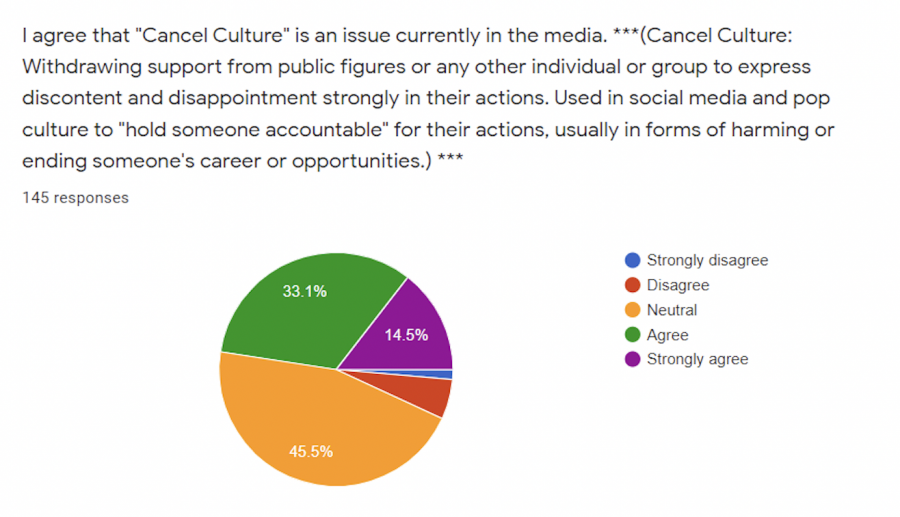
Granted, cancel culture can prove useful when holding bigots accountable, but the problem lies in the promotion of a mob mentality mindset to impressionable teens and younger social media users. This is due to the dynamic of cancellation – you must have a group agree with you, to denounce a brand or criticize a person. However, instead of using this odd “culture” to its advantage, it is evident that some teens use it to promote their own opinions (not facts!) without backing them up with actual evidence, unintentionally spreading false information as if it was true.
When asked whether or not cancel culture was an issue in the media, 33.6% of DIS students agreed while, a bit concerningly, 46.2% felt neutral towards the issue. While the majority of teens at DIS have proven their media literacy to some extent, the amount of neutrality shown towards call-out culture is also alarming – but not just on the level of media literacy, since neutrality indicates susceptibility to this toxic culture.
The more you look into it, the more cancel culture becomes a can of slimy, wriggling worms. Another odd aspect of call-out culture is that, ironically enough, it seems to divide more than it unites. It exacerbates political division in the most radical ways, and in the most radical areas. Though there are progressive causes and good intentions at heart, fails to get the message across in an ethical and effective way; spite and excessive reprimanding automatically repel people, whether they are willing to educate themselves on a social issue or not.
These odd subcultures appearing aren’t the only prevalent issue. Most SNS algorithms, specifically those of Tik Tok and Twitter, latch onto a couple pieces of content to the viewer’s liking in specific categories and then tailor themselves to present similar topics. From my personal experience being on Tik Tok – before I permanently deleted the app out of sheer annoyance – the algorithm was absolutely gripping me to the screen, whether I liked the content or not. It didn’t help that most Tik Toks are less than a minute, making viewers underestimate the total amount of time spent on the app, and most importantly, their addiction towards it.
Teenagers are increasingly abandoning their responsibilities, treating the enthrallment of social media as a safe space to do nothing. It forces them to rely on social media for peace of mind – an unsustainable method of relaxing. Working towards healthier options for relaxing such as exercising or journaling is already challenging enough, but trying to worm your way out of the social networking rabbit hole while putting those healthier options into action is an even demanding task to face.
As much as I am a hypocrite for taking part in social media, the way it unfavorably affects my own generation often lurks in my mind – personally, it’s a point of great disturbance. Have we really come to ignore logic and reasoning? Are the social media “movements” we start actually having an adverse effect on us? Is it okay for a young generation’s thoughts to be almost entirely shaped by social media alone? I’m afraid the only answer is that we’ll have to wait and see – my last questions are: can our generation even afford to wait and see? Or worse, will social media be too detrimental to handle by then?






